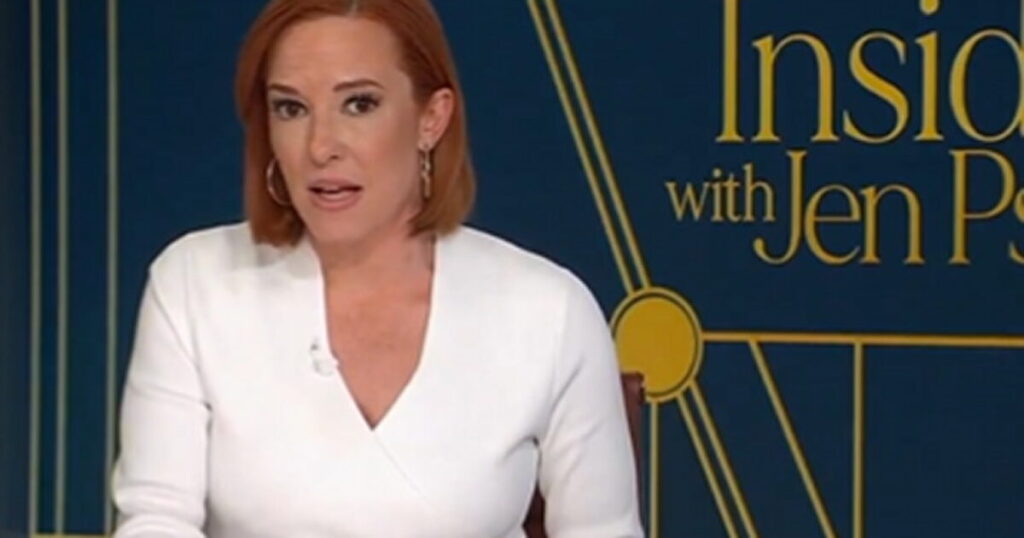Former White House press secretary Jen Psaki has recently called for the regulation of social media platforms, citing the prevalence of disinformation as a critical issue. This call has drawn scrutiny, especially considering her history of disseminating misleading information while in office. Notably, Psaki faced backlash for misrepresenting President Joe Biden’s mental fitness, downplaying his apparent indifference during the military transfer of fallen servicemen, and perpetuating the claim from 51 former intelligence officials that the Hunter Biden laptop story was a fabrication of Russian disinformation. Critics argue that her newfound concern over social media disinformation appears hypocritical, given her prior role in propagating narratives that favored her administration.
During an episode of Katie Couric’s podcast, “Next Question,” Psaki attributed part of Vice President Kamala Harris’s electoral defeat to the unregulated nature of social media. She emphasized a significant shift in how people consume information, with increasing numbers relying on platforms that lack stringent fact-checking processes. In her view, social media platforms are not held to the same standards of accountability as traditional media outlets, such as local TV stations. Psaki remarked on the “crazy” disparity in accountability, suggesting that an overhaul of laws governing these platforms is necessary to confront the issue effectively.
Despite her assertions, critics contend that Psaki’s calls for regulation are less about curbing disinformation and more about reclaiming control over the narratives that dominate social media. The political left has expressed discontent over the changes enacted after Elon Musk’s acquisition of Twitter, leading to a perceived loss of their ability to influence or moderate online discourse. This sentiment highlights a deeper concern among progressives regarding the potential spread of misinformation that they feel was previously under tighter control.
The argument for regulating social media based on disinformation has sparked a broader debate about free speech, the responsibilities of tech companies, and the implications for democracy. Advocates for regulation contend that misinformation poses a genuine threat to informed civic engagement, particularly in high-stakes political contexts. They argue that without proper oversight, dangerous narratives can proliferate unchecked, potentially leading to real-world harm and undermining trust in democratic institutions.
Conversely, opponents of regulation caution against overreach, warning that such measures could infringe on free expression and stifle legitimate discourse. They argue that the lines between free speech and harmful misinformation are often blurred, making it challenging to establish guidelines that are fair and effective. The call for regulation raises complex questions about who decides what constitutes disinformation and what mechanisms can be put in place to regulate it without endangering fundamental rights.
In summary, while Jen Psaki’s calls for social media regulation are rooted in concerns about disinformation, they illustrate the broader tensions within contemporary discourse about accountability, control, and the implications of unchecked information sharing in a digital age. As the conversation evolves, it is essential to consider both the need for factual information in public discourse and the risks associated with impinging on free speech rights. The ongoing debate will likely shape the future of not only social media policies but also how society grapples with the challenges posed by misinformation in an increasingly complex media landscape.

